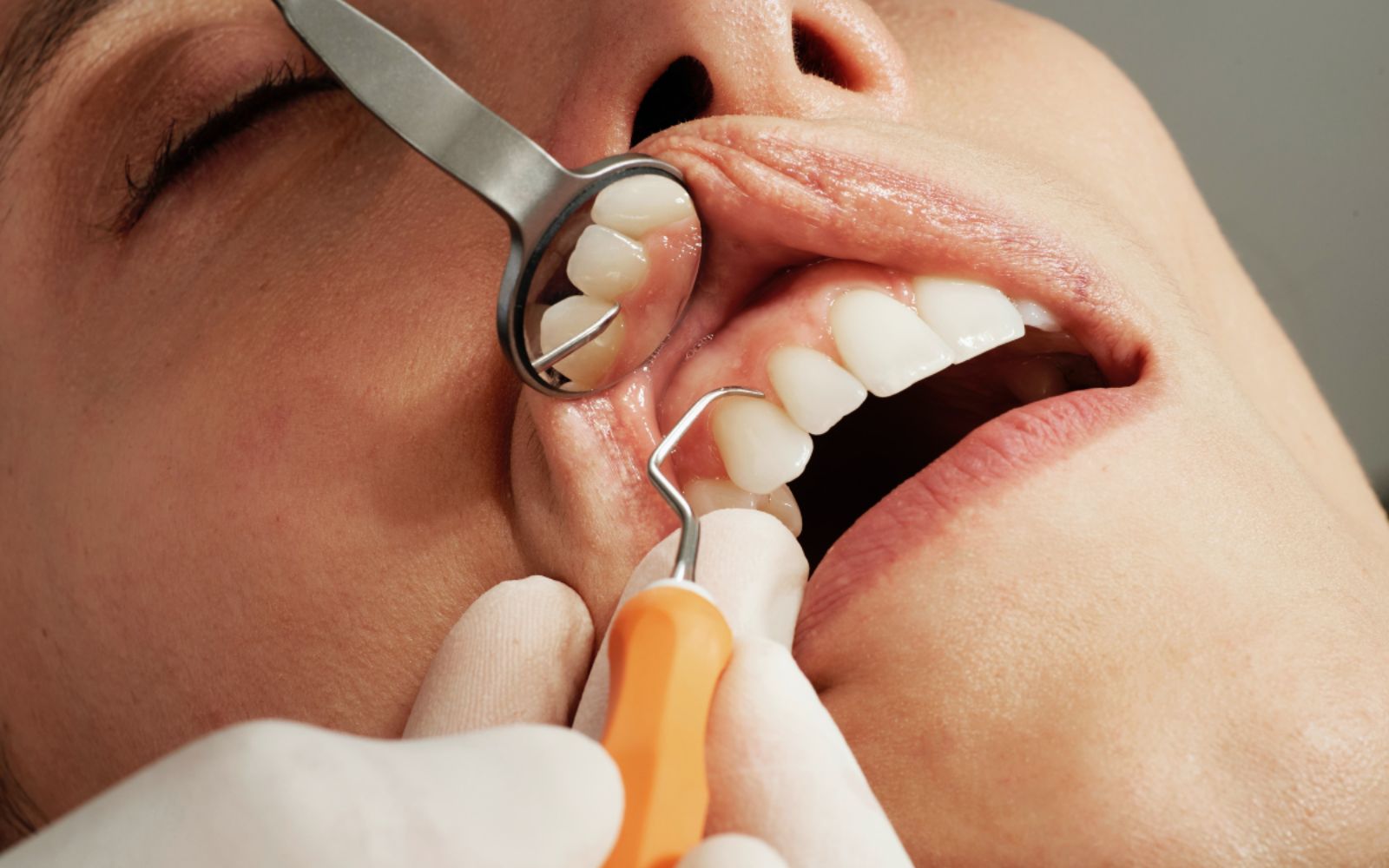Maintaining good oral hygiene is about more than just keeping your teeth clean; it plays a vital role in your overall health. The state of your mouth can affect much more than your smile. Poor oral hygiene is linked to a variety of serious health conditions, from heart disease to diabetes. Understanding the connection between oral health and general well-being can motivate you to take better care of your teeth and gums. In this blog, we’ll explore how oral hygiene can prevent serious health issues and how simple habits can make a big difference.
The Link Between Oral Health and Overall Health
It might surprise you to learn that the mouth is a gateway to the body. Everything you eat and drink enters through the mouth, and the state of your oral health can influence the rest of your body. When you neglect oral hygiene, harmful bacteria can accumulate in your mouth, leading to infections, inflammation, and other health issues that affect your entire system.
Several serious health conditions have been linked to poor oral hygiene, including:
- Heart Disease: Studies have shown that gum disease is associated with an increased risk of heart disease. The bacteria from infected gums can enter the bloodstream, causing inflammation in the arteries and increasing the risk of atherosclerosis, which can lead to heart attacks and strokes.
- Diabetes: People with diabetes are more susceptible to gum disease due to high blood sugar levels that weaken the body’s ability to fight off infections. Furthermore, gum disease can make it harder to control blood sugar levels, creating a vicious cycle that worsens both conditions.
- Respiratory Infections: Poor oral hygiene can also contribute to respiratory problems. Bacteria from the mouth can be inhaled into the lungs, leading to infections such as pneumonia, particularly in individuals with weakened immune systems or chronic respiratory conditions.
- Pregnancy Complications: Gum disease has been linked to preterm birth and low birth weight. The inflammation caused by infections in the mouth can affect a pregnant woman’s health and the health of her baby.
- Alzheimer’s Disease: Recent research suggests a connection between gum disease and cognitive decline. Chronic inflammation in the gums may contribute to the development of Alzheimer’s disease and other forms of dementia.
How Oral Hygiene Can Prevent Serious Health Issues
Now that we understand the connection between oral hygiene and serious health problems, it’s important to recognize how simple habits can prevent these conditions. A good oral hygiene routine doesn’t require expensive treatments or hours of effort—it’s all about consistency. Here are a few key ways oral hygiene can help protect your overall health:
- Prevents Gum Disease
The most obvious way that oral hygiene prevents health issues is by reducing the risk of gum disease. Gum disease, or periodontitis, is caused by the buildup of plaque and bacteria on the teeth and gums. If not removed through regular brushing and flossing, plaque can harden into tartar, leading to gum inflammation, bleeding, and infection. Severe gum disease can cause tooth loss and has been linked to other health problems like heart disease and diabetes.
Regular brushing and flossing can significantly reduce the risk of gum disease, keeping your gums healthy and preventing infections that can spread to other parts of your body.
- Prevents Cavities and Tooth Decay
Cavities and tooth decay are caused by bacteria that feed on food particles, particularly sugars, and produce acids that erode tooth enamel. If left untreated, cavities can progress and cause painful infections, leading to tooth loss. In some cases, the infection can spread to the jawbone and even into the bloodstream, potentially leading to serious health issues.
Brushing your teeth twice a day with fluoride toothpaste and using dental floss to remove food particles between teeth helps prevent cavities and the spread of harmful bacteria that can cause infections.
- Protects Your Heart
As mentioned earlier, the bacteria from gum disease can enter the bloodstream and cause inflammation in the arteries, leading to cardiovascular issues. By maintaining good oral hygiene, you reduce the number of harmful bacteria in your mouth, decreasing the chances of these bacteria entering your bloodstream and affecting your heart.
Regular dental check-ups are essential for detecting early signs of gum disease, which is why it’s important to see a dentist mount gambier for routine cleanings and exams.
- Improves Digestion and Immune Function
Your mouth is the first line of defense for your digestive system. When you chew food, enzymes in your saliva begin breaking down carbohydrates. If your teeth are unhealthy or if you have gum disease, it can affect your ability to properly chew and digest food, leading to digestive issues. Additionally, an infection in the mouth can weaken your immune system, making you more susceptible to other illnesses.
By keeping your teeth and gums healthy, you ensure that your digestive system functions properly and your immune system stays strong.
- Prevents Bad Breath
Bad breath is often a sign of poor oral hygiene. When bacteria accumulate in the mouth due to food particles and plaque buildup, it can result in foul-smelling odors. Bad breath is not only an unpleasant issue; it can also be an indicator of underlying oral health problems such as gum disease or cavities.
Good oral hygiene habits, such as regular brushing and flossing, help remove the bacteria and food particles that cause bad breath, leaving your mouth fresh and your smile confident.
- Enhances Overall Quality of Life
Beyond preventing serious health issues, good oral hygiene also enhances your quality of life. Healthy teeth and gums contribute to a better self-image, allowing you to smile confidently and speak clearly. Proper oral hygiene also reduces the risk of painful dental conditions, such as tooth infections or abscesses, which can affect your ability to eat, sleep, and enjoy daily activities.
The Role of Dental Crowns in Maintaining Oral Health
In some cases, oral hygiene alone may not be enough to prevent tooth damage or decay. If a tooth is severely damaged or decayed, a dental crowns mount gambier may be necessary to restore its function and appearance. Dental crowns cover and protect damaged teeth, preventing further deterioration and reducing the risk of infections.
Crowns also help maintain proper tooth alignment, which can prevent issues with bite and jaw function. By restoring damaged teeth, dental crowns help maintain your overall oral health and prevent more serious issues from developing.
Conclusion
Oral hygiene is a crucial component of overall health. By taking good care of your teeth and gums, you can reduce the risk of serious health conditions such as heart disease, diabetes, and respiratory infections. Simple habits like brushing twice a day, flossing regularly, and visiting your dentist for check-ups can make a big difference in preventing these issues.
Taking care of your oral health now can help you avoid costly and painful treatments later. Whether it’s regular cleaning, using dental crowns to restore damaged teeth, or simply practicing good oral hygiene habits, investing in your smile is an investment in your overall well-being.



